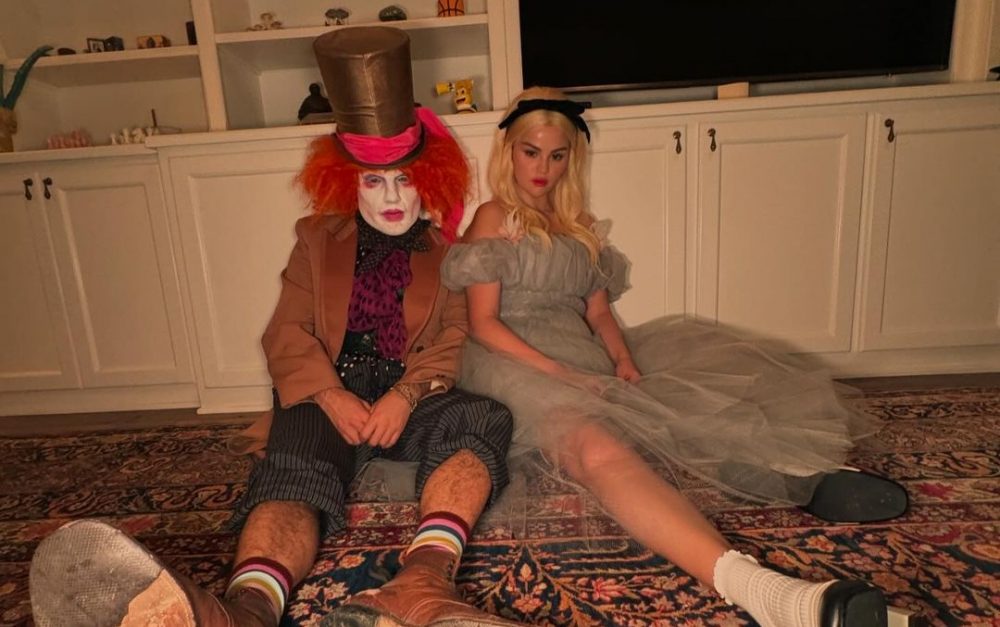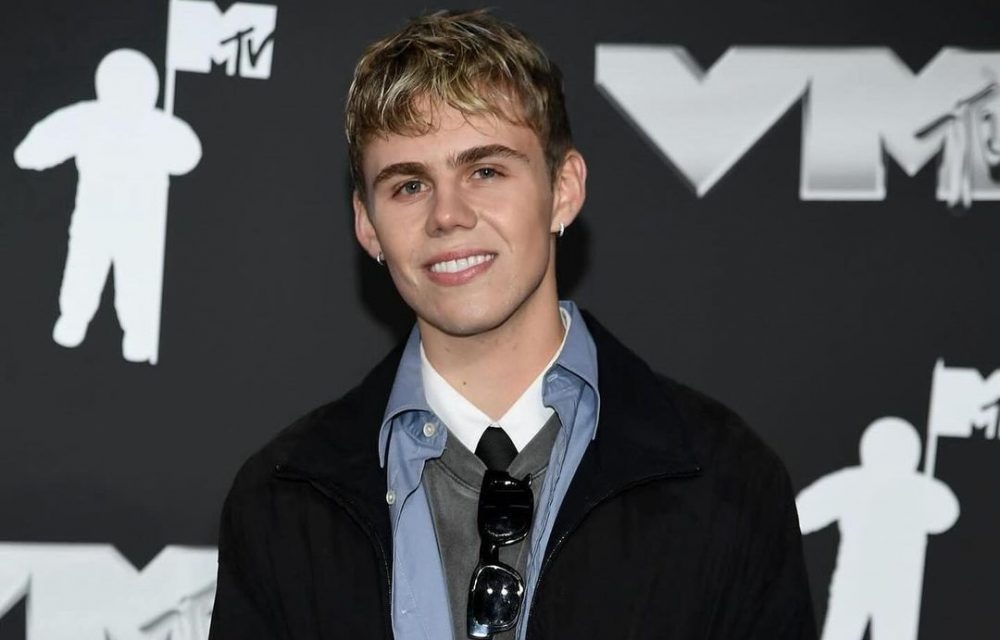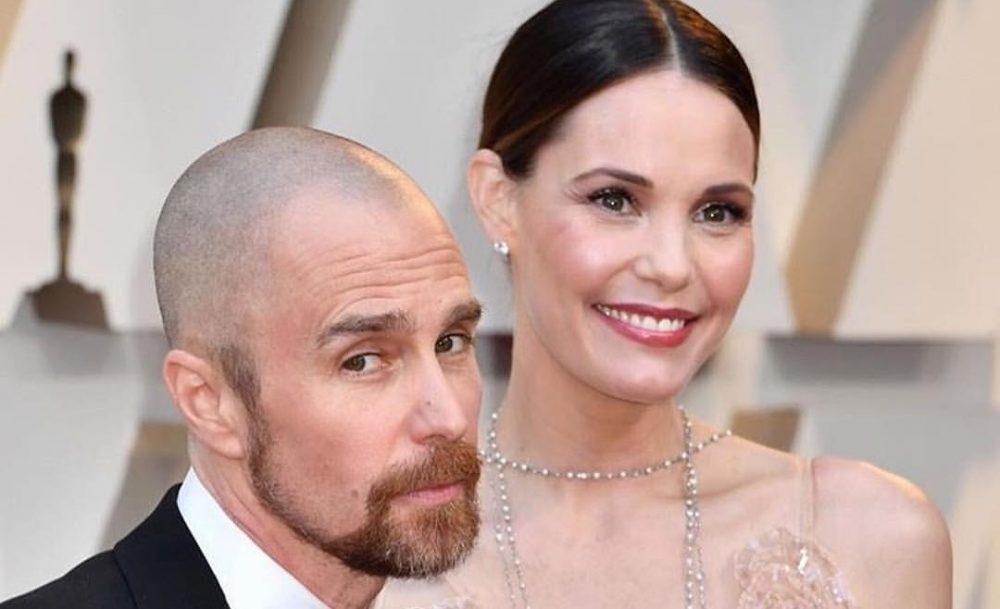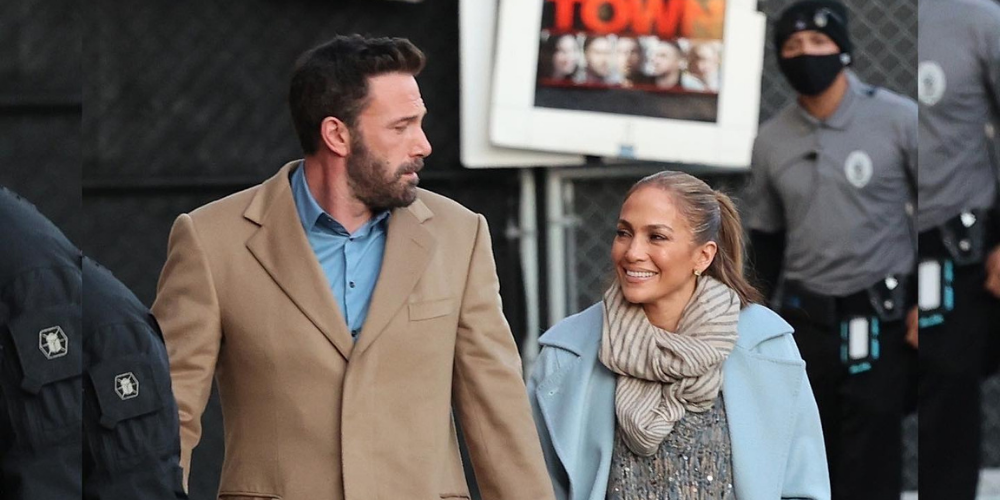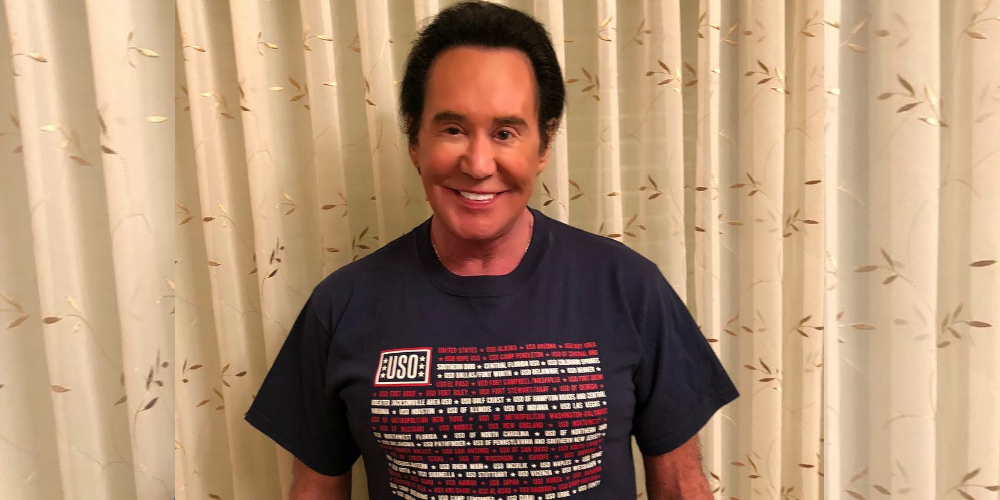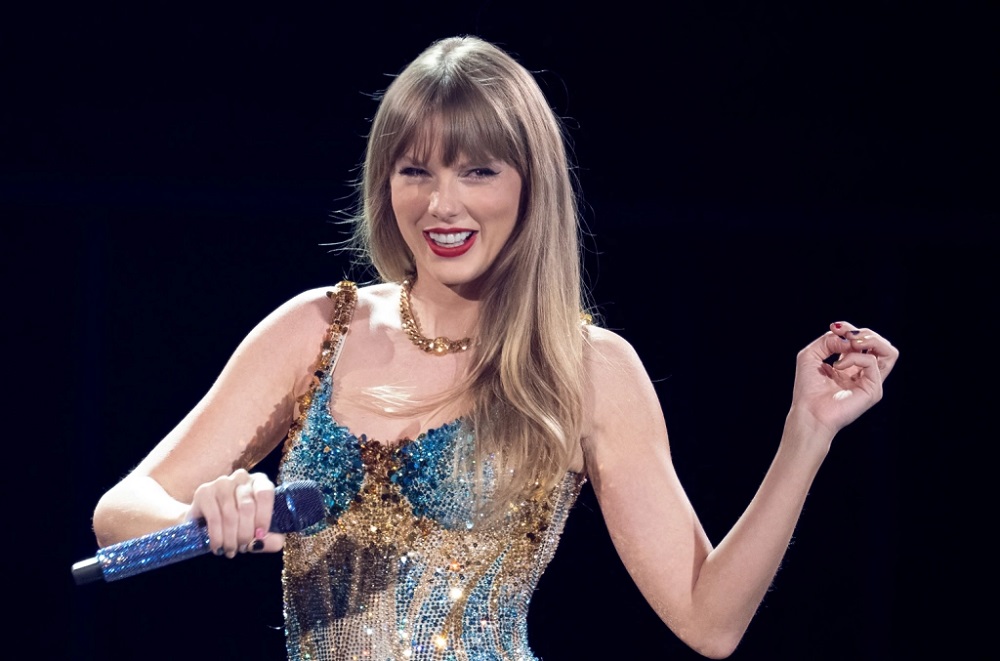Over the past two decades, Miley Cyrus has become a household name, an icon of pop culture, and a symbol of personal transformation. From her early days as a Disney Channel sensation to her rebellious phase and subsequent reinvention, Miley's journey through the years is a testament to her versatility, resilience, and unapologetic pursuit of self-discovery.
The Disney Channel Era (2006-2010)
Miley Cyrus entered the entertainment scene in 2006 as the star of Disney Channel's hit series "Hannah Montana." She played a dual role as Miley Stewart, a regular teenage girl, and Hannah Montana, a famous pop singer. This role catapulted her to fame, and she quickly became a beloved figure among tweens worldwide.
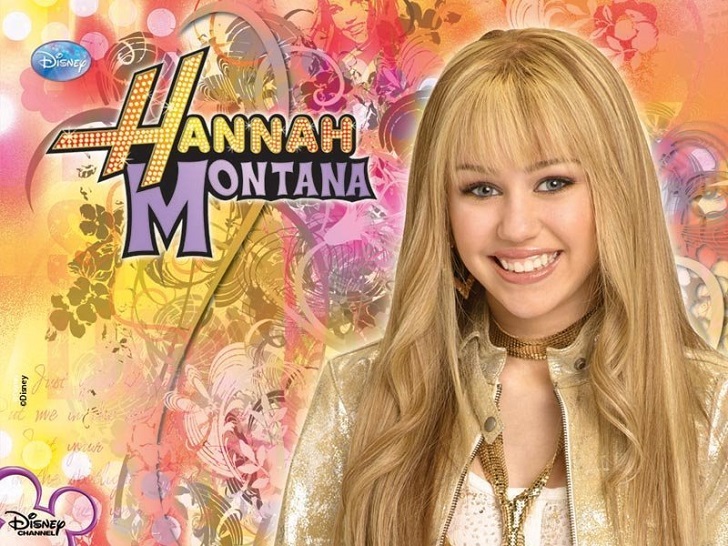
hannahmontanastagram/ Instagram | Hannah Montana premiered in March 2006 and quickly became one of Disney Channel's highest-rated series of all time
During this era, Miley showcased her exceptional singing and acting talents, often performing alongside her father, Billy Ray Cyrus. Her bubbly personality and catchy songs like "Best of Both Worlds" and "Nobody's Perfect" made her a role model for many young girls. Miley Cyrus seemed destined to follow a path of stardom, but as she transitioned into her teenage years, her journey took a different turn.
The Transition and Controversial Phase (2010-2013)
In 2010, Miley transitioned from the squeaky-clean Disney image to a more mature persona. She released her third studio album, "Can't Be Tamed," and its title track clearly stated her newfound independence. The accompanying music video featured Miley in provocative outfits, symbolizing her desire to break free from the constraints of her past image.
The controversy surrounding Miley intensified in 2013 when she performed at the MTV Video Music Awards. Her raunchy performance of "We Can't Stop" and her infamous twerking with Robin Thicke during "Blurred Lines" shocked audiences and sparked intense debates about her choices.
This period was marked by rebellion, experimentation, and a desire to distance herself from her Disney past. Miley's provocative image and outspoken nature challenged societal norms and polarized opinions. Critics questioned her choices, while fans appreciated her authenticity and fearlessness.
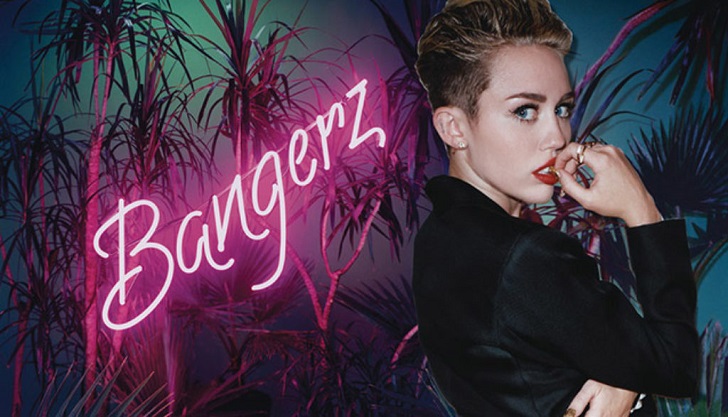
Miley Cyrus/ Instagram | In 2013, Cyrus released the album Bangerz, which departed from her earlier work in its embrace of hip-hop influences and its frequently adult-themed lyrics.
Bangerz and Personal Growth (2013-2016)
Miley's transformation peaked with her fourth studio album, "Bangerz," in 2013. This album marked a significant shift in her music style, incorporating hip-hop and pop elements. Hits like "Wrecking Ball" and "Adore You" showcased her powerful vocals and emotional depth.
While the album was commercially successful, it also reflected Miley's journey. The songs delved into themes of love, loss, and self-discovery. The controversial image remained, but it was clear that Miley was no longer a mere product of the industry; she was an artist finding her voice.
During this period, Miley also advocated for LGBTQ+ rights and used her platform to raise awareness about issues close to her heart. Her evolution was not just musical but also cultural, as she used her fame to promote social change.
Younger Now and Reconnection (2017-2019)
In 2017, Miley released her sixth studio album, "Younger Now," which marked another significant shift in her career. The album featured a more mature sound and a return to her country roots. Songs like "Malibu" and "Younger Now" showcased her growth and a reconnection with her roots.
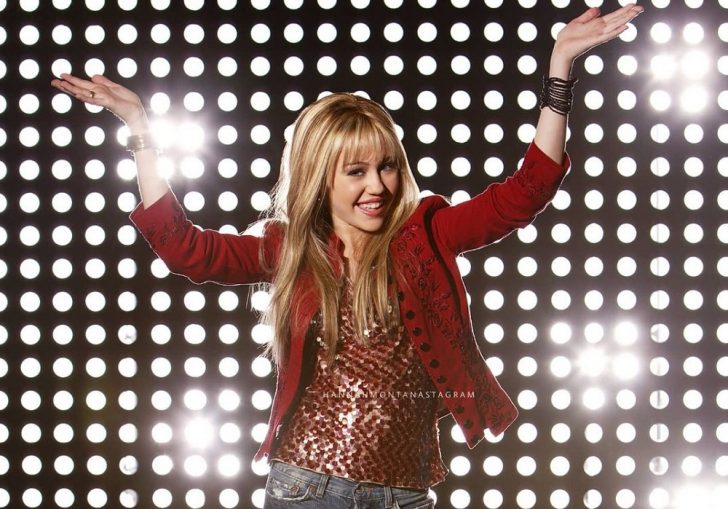
hannahmontanastagram/ Instagram | In the latter half of the 2010s, Miley Cyrus started a new era in her life
The album's title track, "Younger Now," was an anthem of self-acceptance and embracing one's past while looking forward to the future. It symbolizes Miley's journey of self-discovery and finding her true identity amidst the chaos of fame.
Plastic Hearts and a New Beginning (2020-Present)
In 2020, Miley released "Plastic Hearts," her seventh studio album, which marked a new chapter in her career. This album embraced a rock 'n' roll sound, and songs like "Midnight Sky" and "Prisoner" showcased her versatility as an artist. "Plastic Hearts" received critical acclaim and solidified her status as a formidable musician.
Miley's evolution through the years has been a rollercoaster ride of highs and lows, but it has ultimately led her to a place of self-assuredness and creative freedom. She has repeatedly proven that she is unafraid to break boundaries and challenge expectations, both musically and personally.

